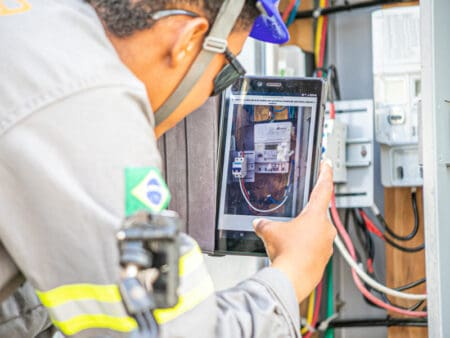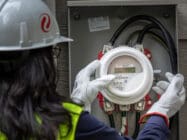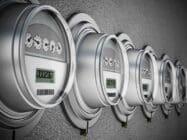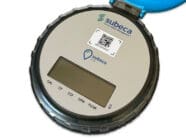
Following the passing of the 500,000 smart meter milestone Paraná state utility Copel is advancing with the second phase of the rollout.
The first phase of the rollout was focussed on the southwest region of Paraná state in Brazil’s southeast, while the second started in the metropolitan region of the capital, Curitiba.
The smart meter and smart grid programme was launched in 2021, following a 5,000 smart meter pilot introduced in 2018 in the southern state municipality of Ipiranga.
The programme is expected to see the introduction of around 4.5 million smart meters in total.
Have you read?
Smart grids are crucial but delays are costly – IEA
For Enedis collective self-consumption is key to energy sharing
In the first three phases, the entire southern region of the state will be supplied with smart meters, approximately 1.5 million by 2025, with a budget of the order of R$820 million (US$169 million).
Daniel Pimentel Slaviero, President of Copel, says the goal is to apply the technology to improve the efficiency of service to customers.
“Paraná has once again come out ahead, and today we have the most advanced smart grid programme in Brazil,” he asserts.
“It is the best in solutions for the power distribution system.”
Benefits provided by the smart meters include a reduction in the time to locate and fix breakdowns, remote meter reading and connections, the availability of meter data to customers via a smartphone app and digital billing, in addition to a reduction in carbon emissions due to improved efficiencies of field workers.
For example, the company estimates the avoidance of 75t of CO2 emissions in the first half of the year due to the latter.
The latest municipality in which the rollout is being introduced is Ponta Grossa, which is among the largest in the state and considered among the more challenging due to the geography of the city and the characteristics of the local power grid, according to Copel.
Approximately 800 units per day are expected to be installed there.








